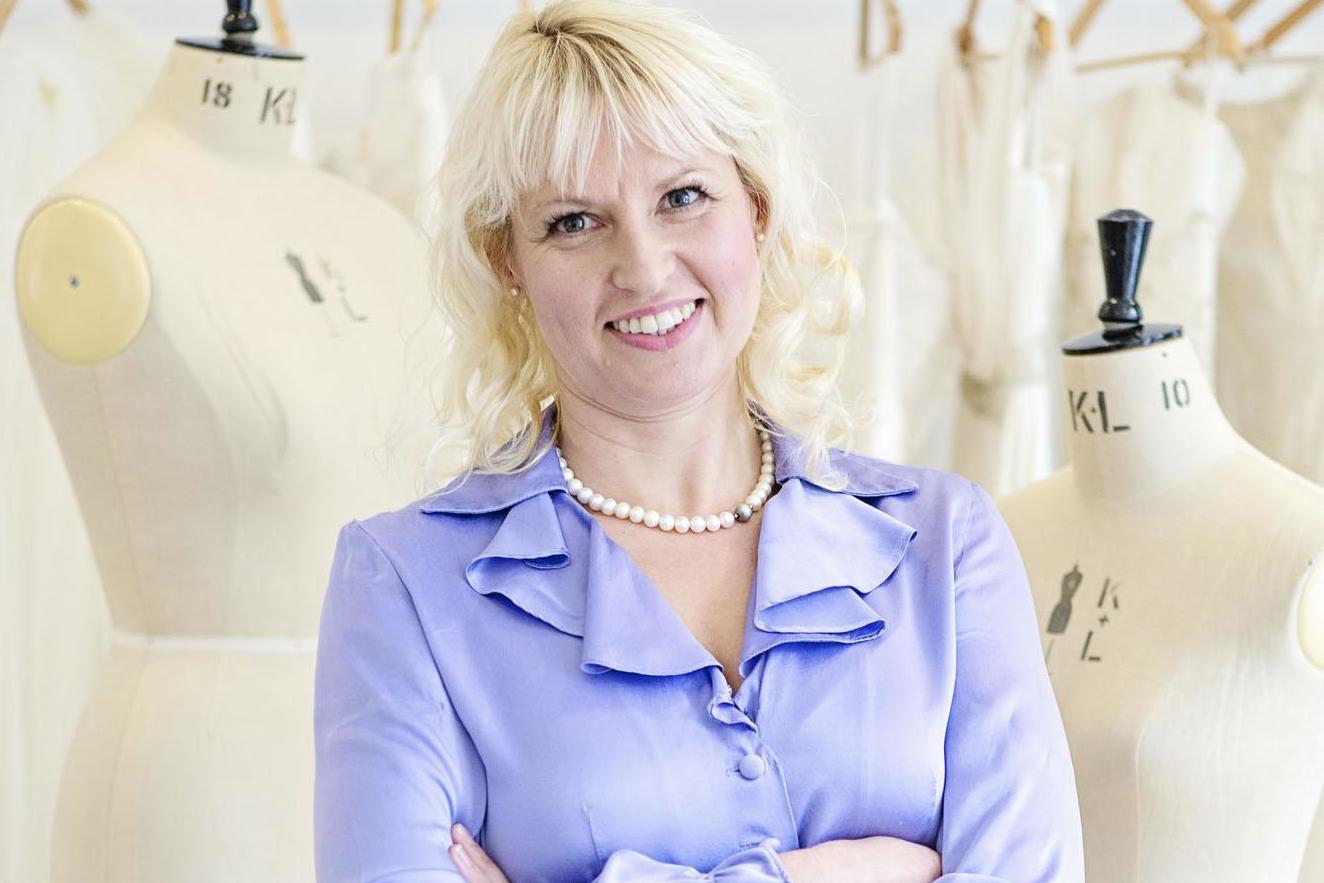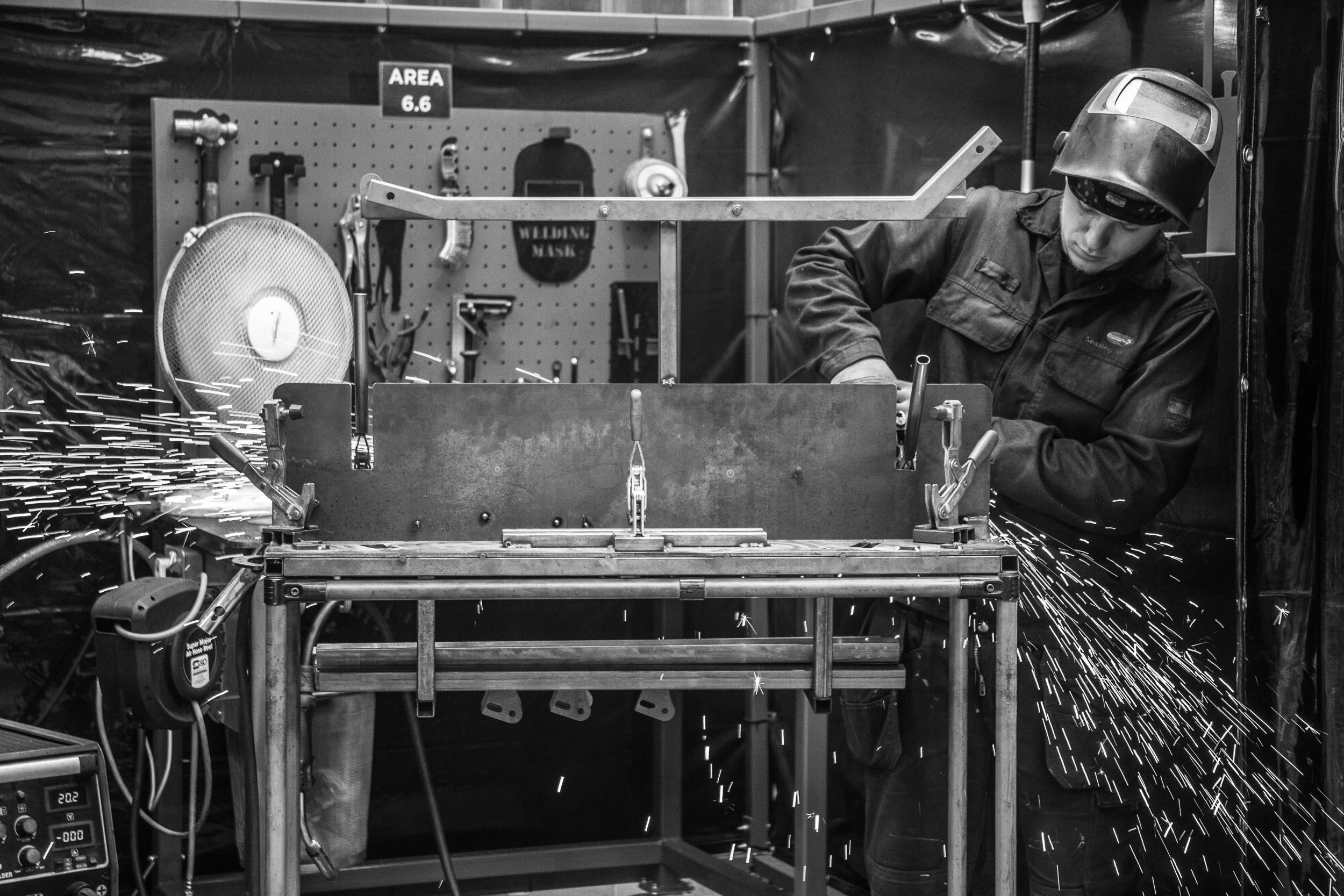How the Government’s business support packages are helping companies across the UK
From the Coronavirus Business Interruption Loan scheme to VAT deferrals, the support available is comprehensive

In recent months, Chancellor Rishi Sunak has announced a range of Government measures to help support UK businesses during the Covid-19 crisis.
With schemes available for companies of all sizes, the comprehensive packages cover everything from the Job Retention Scheme and Self-Employment Income Support Scheme (SEISS) to VAT deferrals and low-risk loans.
Businesses can find out just what schemes they quality for using the Government Business Support Finder tool.
Here's how these four UK businesses have benefited…
BIPVco: Newport, Wales
When Daniel Pillai, the CEO of Newport-based solar roofing manufactuer BIPVCo, heard Prime Minister Boris Johnson’s speech urging that only essential businesses should remain open, he immediately closed the factory and office.
He was worried about clients, but his workforce’s safety was paramount. Staff were furloughed, but the 80% of wages provided by the Government has been topped up by BIPVco.
Though a skeleton team have been brought back to a safe, socially-distanced work environment in the time since to produce essential work for NHS ambulances in Wales, below, Pillai has emphasised the importance of the Job Retention Scheme.

“It’s taken us a long time to build the skill base, both from the production staff and technical and sales staff,” Pillai explains. “In some sectors, it’s easy to replace one employee with another relatively quickly. But in specialised areas such as ours – no.”
Freja Designer Dressmaking: Edinburgh, Scotland
Spring is usually a busy time for Mette Baillie (pictured top), owner of Edinburgh-based store Freja Designer Dressmaking, but even before her store had to close, Baillie had noticed a drop in custom.
“Nobody wanted to confirm anything and it was very quiet,” she notes. “We suddenly realised that all the things we built our business on aren’t going to be happening for a long time.”
With clients visiting the store for bespoke creations for occasions such as Royal Ascot and weddings, it’s unsurprising that people were becoming unwilling to commit. As a result, Baillie ,left. needed to furlough her two members of staff.
“Our staff are highly trained and being able to do couture dressmaking is a rare skill. Pretty much all we do is handmade,” she says. “I don’t know what I’d do if I had to let the dressmakers go. I can’t even bear to think about it.”
Seating Matters: Ballykelly, Northern Ireland

Ballykelly-based business Seating Matters’ primary output is creating clinical therapeutic chairs for hospitals, but during the current pandemic, the business has utilised its specialist machinery to manufacture vital box shields to help protect frontline healthcare workers, main image above.
“There was a huge surge in demand for it,” notes director Martin Tierney. “That side of things has stabilised a little bit at this stage. Now we are seeing more hospitals and care facilities are rehabilitating patients, there is a steady demand for our chairs as a result.”
Usually a workforce of 50, Seating Matters had to furlough a quarter of its staff at the height of the crisis. “I’m grateful that we can keep moving forward because there are a lot of places that are stopped altogether,” Tierney adds. “I’m just grateful that we are not in that boat.”
Battersea Spanish: London, England
With 500 students on its roster, Battersea Spanish – a language school and cultural centre in south-west London – had to adapt quickly to the stark restrictions of lockdown.
Community is at the heart of the business, so replicating this remotely was of huge importance. But thanks to the Government’s Coronavirus Business Interruption Loan Scheme (CBILS), they’ve been able to rapidly change gear while covering staff salaries and existing expenses.
However, it’s involved an investment in technology and the website. “Our website was tuned for face-to-face and now we’re in the process of overhauling it for a more blended experience," explains founder Sara Caba, below.

"Whether people want to book online or take online classes, or whether people are going to take face to face courses, that means some sort of learning management system; it means Zoom licenses; it means retraining people,” she explains.
Fortunately, things are going well: they’ve retained the majority of students and are working on creative ways to pave a brighter future.
Small business grants are devolved to national governments. Check with your local authority what kind of grant you may be eligible for. To find out more details about the financial support available go to gov.uk/coronavirus/business support and to see if your business is eligible go to gov.uk/business coronavirus support finder